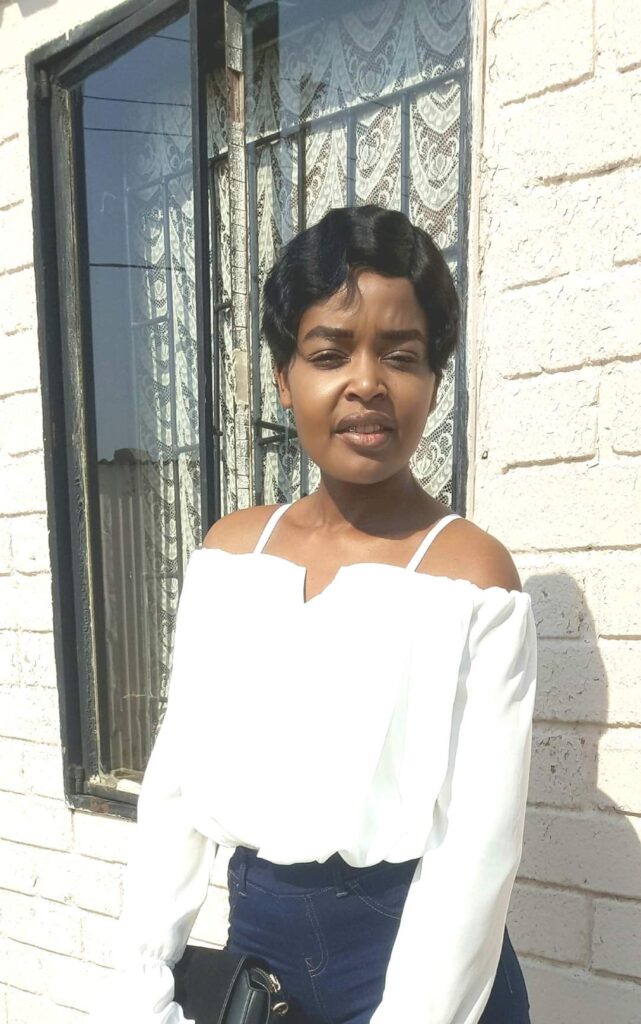 Fundisiwe Mahlangu Student and Labour Relations tutor at Tshwane University of Technology photo supplied
Fundisiwe Mahlangu Student and Labour Relations tutor at Tshwane University of Technology photo supplied
By Fundisiwe Mahlangu
Student and Labour Relations tutor at Tshwane University of Technology.
1.Unequal Power Dynamics in Politics
Women in politics, especially those who take on powerful interests, often face more intense scrutiny, harsher criticism, and less institutional support than their male counterparts.
Busisiwe Mkhwebane, former Public Protector, tried to hold President Ramaphosa accountable, especially regarding the CR17 campaign funds and Phala Phala scandal.
Instead of widespread support for her efforts to promote accountability, she was:
Discredited by mainstream political actors.
Judged harshly in the media and public discourse.
Impeached in 2023, the first Public Protector to face such a fate.
Meanwhile, when General Mkwanazi speaks up about police politicisation or corruption, he receives some protection from state structures or public sympathy, even though he too challenges power.
2.Why the Difference?
Let’s explore why these two figures were treated differently:
✦Gender Bias
Mkhwebane, as a Black woman in a high position of power, was viewed through a lens of suspicion and hostility, especially when confronting elite male politicians.
She was painted as incompetent or politically motivated, despite legal grounds for her investigations.
This is consistent with global patterns where women in power are called “angry,” “emotional,” or “unfit” when challenging the status quo.
✦Political Interests
General Mkwanazi’s battles (e.g. against police mismanagement) do not directly threaten presidential power or elite financial interests in the same way.
Mkhwebane’s investigations challenged the core of the political establishment, including Ramaphosa, which made her a political threat.
As a result, even neutral institutions aligned with the dominant narrative to discredit and remove her.
✦Institutional Protection
Mkwanazi, as a police general, is still inside the security apparatus—which gives him some institutional backing.
Mkhwebane, once isolated,scant was left vulnerable after losing ANC and DA support, with only the EFF consistently backing her.
3.Was Mkhwebane Mistreated?
Yes.
Criticism is part of public life, but in her case it went beyond accountability and turned into a systematic political and gendered attack. She wasn’t only evaluated on her work,but on who she dared to challenge.
Here’s a powerful quote by EFF leader Julius Malema during her impeachment:
“The only mistake Advocate Mkhwebane made was to investigate Ramaphosa. That’s why this Parliament is punishing her. Because she touched the untouchables.”
Julius Malema, 2023 Parliamentary speech
This suggests her treatment was not based purely on professional misconduct, but selective justice.
Power is not neutral.
Women who challenge it are often punished not because they are wrong,but because they are inconvenient.
#WeDeserveBetter
#WeAreEqual_TreatUsEqual
Tshwane Talks readers have been able to read stories in this publication for free for over two years now. We still want our readers to access our stories for free, but we are asking those among our readers who can afford it to contribute at least R30 a month to cover some of the costs of publishing this independent, non-aligned online newspaper which gives a voice to all sectors of society irrespective of race, colour, creed, religion, or political affiliation. You may make your contribution by depositing at least R30 a month into Tshwane Talks' bank account. Details are as follows:
Bank Details
Bank: Standard Bank
Account Number: 10225548834
Account Type: Cheque Account